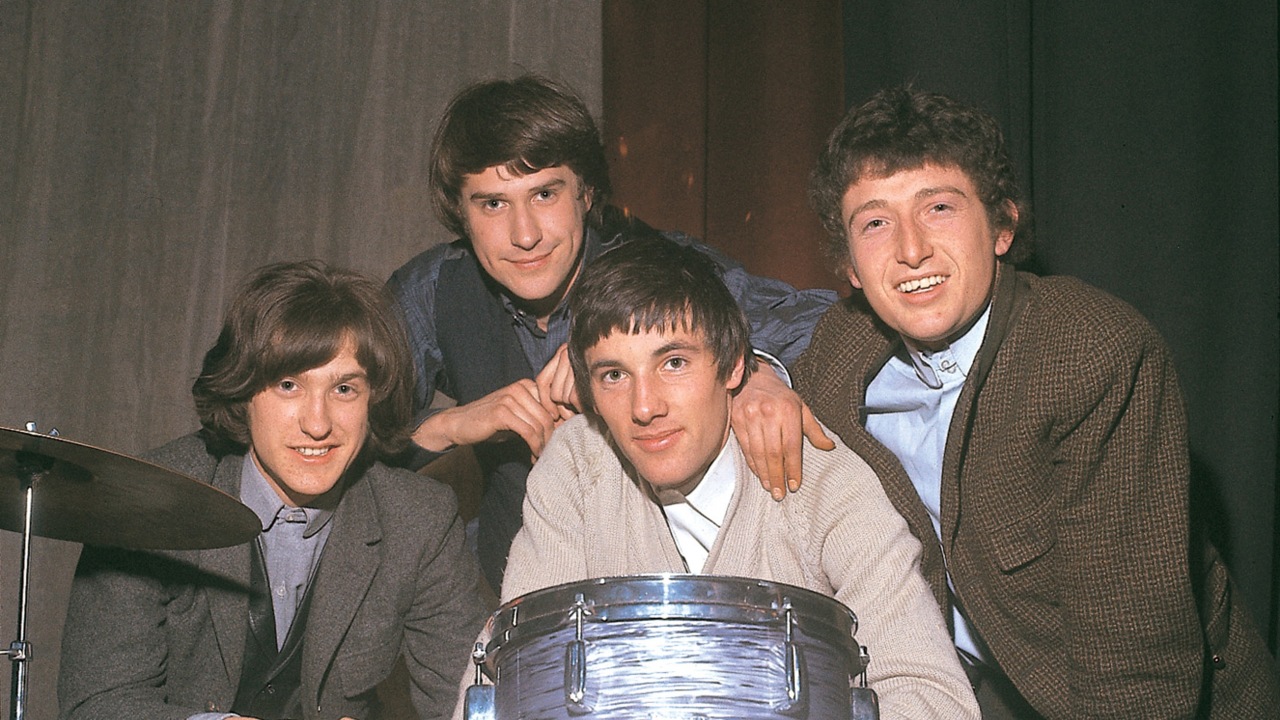Maddeningly, predictably, although 2014’s 50th anniversary year dawned with plans in place for a reunion desired by all three remaining original Kinks, the usual idiocy means the prospect is now as distant as ever.
As substitute birthday gifts go, anyone who bought Picture Book’s summary of the band’s whole gem-studded career in 2008, The Kinks In Mono box (2011), The Kinks At The BBC box (2012) or seemingly annual remasters of their early albums will view this set with weary familiarity. Then you play it, and the magic wallops you again./o:p
As substitute birthday gifts go, anyone who bought Picture Book’s summary of the band’s whole gem-studded career in 2008, The Kinks In Mono box (2011), The Kinks At The BBC box (2012) or seemingly annual remasters of their early albums will view this set with weary familiarity. Then you play it, and the magic wallops you again./o:p
Spread over five CDs, this close-up of The Kinks’ tumultuous 60s successfully finds new angles. You Really Got Me arrives eight tracks in, thunderously shocking in the context of what surrounds it. A seven-inch of an unreleased live version included here leaps out of the speakers, Dave Davies’s anarchic jabber and brutal guitar sounding like a lost punk 45. All Day And All Of The Night apart, it’s surprising how much generic pop Ray Davies then marked time with, until you realise A Well Respected Man’s unprecedented, slashing class satire was only a year later, just after he turned 21.
By late 1965, the band has found its range. Where Have All The Good Times Gone witheringly views the Swinging 60s from the Davies parents’ terraced house, deciding their peers ‘need some bringing down.’ Dave’s songwriting kicks in with I Am Free. And then The Kinks really go to town.
Disc Three is The Kinks’ High 60s, which only The Beatles kept pace with. Real gold is found amongst Pye’s mostly wiped session tapes: the second take of Waterloo Sunset, lyrics still unknown to the band, with Ray pleading to the engineer that his guitar’s fading delicacy is “essential”. There is more verite studio chat, giving a sense of the band’s first decade unfolding as we listen.
By 1970’s career-reviving, glam-triggering hit single Lola, The Kinks’ music has become as deeply personal as that of the Laurel Canyon navel-gazers then starting to dominate in the US. The engrained, defiant sense of a community where it’s always us against them, like the heartfelt longing of the tunes, remains theirs alone./o:p

